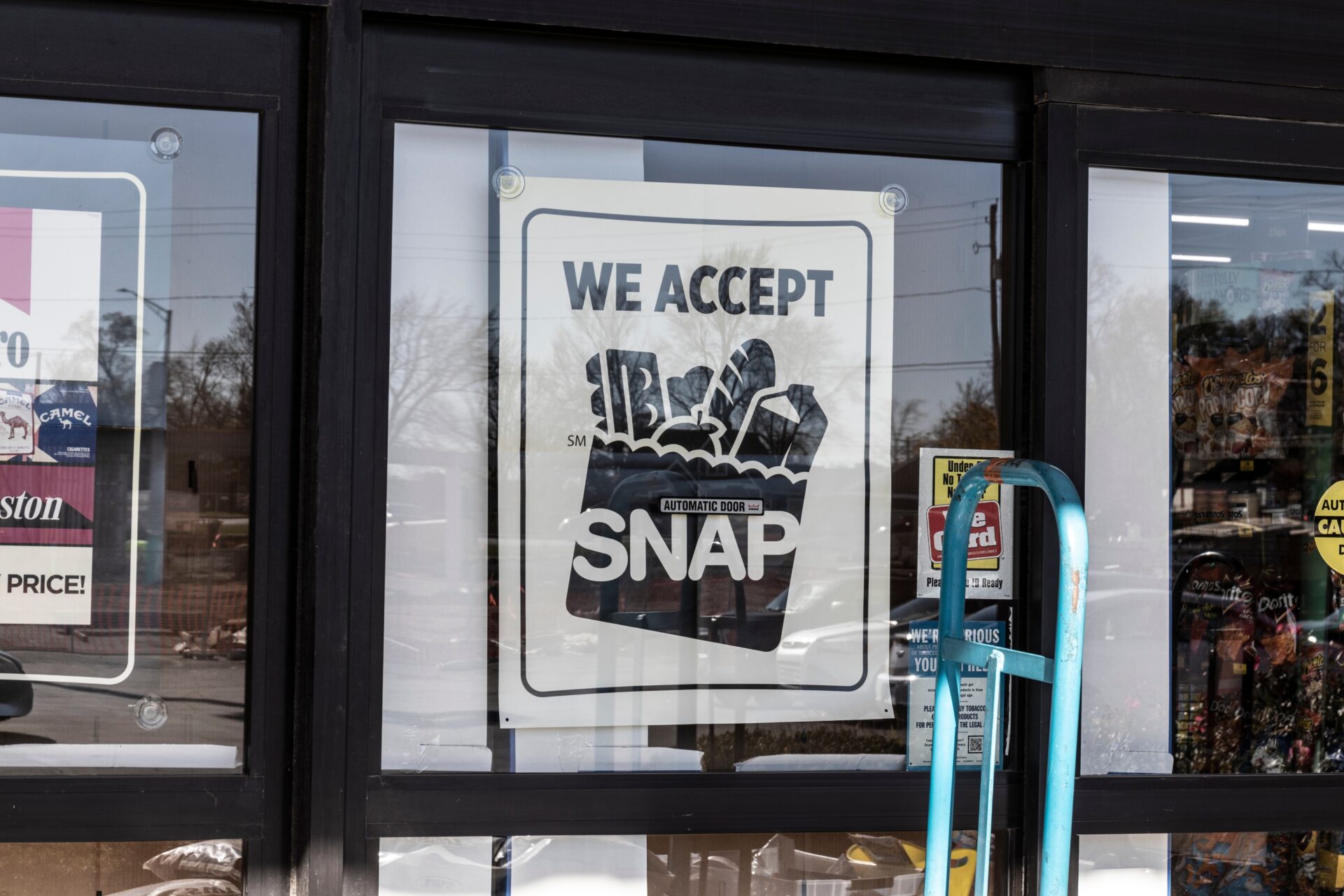
Activist ENDS Own Life – Debate IGNITES
Recent deaths in Switzerland and Canada have ignited fierce debate over the ethics of euthanasia as disability advocates warn of a dangerous slippery slope in assisted suicide policies.
At a Glance
- Dr. Florian Willet, a pro-euthanasia activist, died by assisted suicide after being arrested in connection with a “Sarco” suicide capsule death
- Price Carter, son of a woman who helped legalize assisted dying in Canada, chose euthanasia due to stage 4 pancreatic cancer
- The United Nations Committee on the Rights of Persons with Disabilities has criticized Canada’s euthanasia policies
- Disability rights advocates argue that euthanasia reflects societal ableism and threatens vulnerable populations
- Original safeguards for euthanasia have gradually eroded, broadening eligibility beyond initial limitations
Controversy in Switzerland: The “Sarco” Capsule Case
Switzerland’s traditionally permissive stance on assisted suicide has been shaken by recent events involving Dr. Florian Willet and the controversial “Sarco” suicide capsule. Willet was arrested after a woman died using the pod, designed by Philip Nitschke, known as “Dr. Death.” Although authorities later determined his actions did not constitute intentional homicide and released him, the damage was done. The ordeal reportedly left Willet deeply changed, with friends noting a significant decline in his mental well-being following his incarceration.
In a tragic turn of events, Willet himself chose to end his life through assisted suicide shortly after his release. His supporters contend that his decision was heavily influenced by the trauma of his legal ordeal. The “Sarco” capsule at the center of the case has proven controversial even in Switzerland, where assisted suicide has long been legal, raising questions about appropriate methods and oversight in assisted death practices.
Canada’s Expanding Euthanasia Policies
Meanwhile in Canada, Price Carter, son of Kay Carter whose case was instrumental in legalizing assisted dying in the country, has chosen to die by euthanasia following a diagnosis of stage 4 pancreatic cancer. The CBC highlighted his story with the headline “Son of woman who inspired assisted dying law chooses to die on his own terms,” emphasizing his calm acceptance and the apparent ease of navigating the process. Carter has become an advocate for further expanding euthanasia laws in Canada to include “advance requests” for those with degenerative conditions.
The Canadian approach has drawn international criticism. The United Nations Committee on the Rights of Persons with Disabilities has expressed serious concerns about the country’s euthanasia policies, warning of the potential for what they described as “state-sponsored eugenics.” This rebuke highlights growing international concerns about how broadly Canada has implemented and continues to expand its Medical Assistance in Dying (MAID) program.
The Eroding Safeguards
Disability rights advocates point to a consistent pattern of eroding safeguards in jurisdictions that have legalized euthanasia. Four initial protections – terminal condition, physical pain, informed consent, and self-determination – have gradually weakened. The requirement for a “terminal condition” has shifted to merely “incurable,” significantly broadening eligibility. Similarly, the inclusion of emotional pain has eliminated the safeguard of physical pain as a requirement.
“We believe that euthanasia is another technique to free society of disabled people and another expression of the ableism in western societies.”, said Dr. Gregor Wolbring.
Consent safeguards have also been compromised in various jurisdictions, with some countries now considering expanding access to those unable to provide consent, such as people with advanced dementia. This trend alarms disability advocates who fear that euthanasia decisions increasingly reflect societal prejudice rather than genuine self-determination. They argue that no global disability rights movement supports euthanasia, highlighting a significant disconnect between disability advocacy and the right-to-die movement.
The Real Motivation Behind Euthanasia
Critics of expanded euthanasia policies argue that the underlying motivation is not compassion or self-determination but rather societal fear, prejudice, and negative perceptions of disability. They suggest that death wishes often stem from a lack of societal support and understanding rather than an inherent desire to die. There are growing concerns that as financial pressures on healthcare systems increase, euthanasia could be seen as a cost-effective alternative to providing adequate care and support for vulnerable populations.
“Sue Rodriguez based her argument for legalization of assisted suicide on self-determination and the right to die movement was fast to state that people with disabilities should have the right to determine when they want to die.”, added Dr. Wolbring.
As Switzerland and Canada continue to grapple with these complex issues, the debate over euthanasia and assisted suicide reveals deep divides in societal values. Advocates push for greater autonomy and expanded access, while critics call for more careful consideration of the potential consequences for vulnerable populations. The recent high-profile cases serve as stark reminders of the real human impact of these policies and the need for thoughtful, responsible legislation that protects the dignity and value of all human life.


